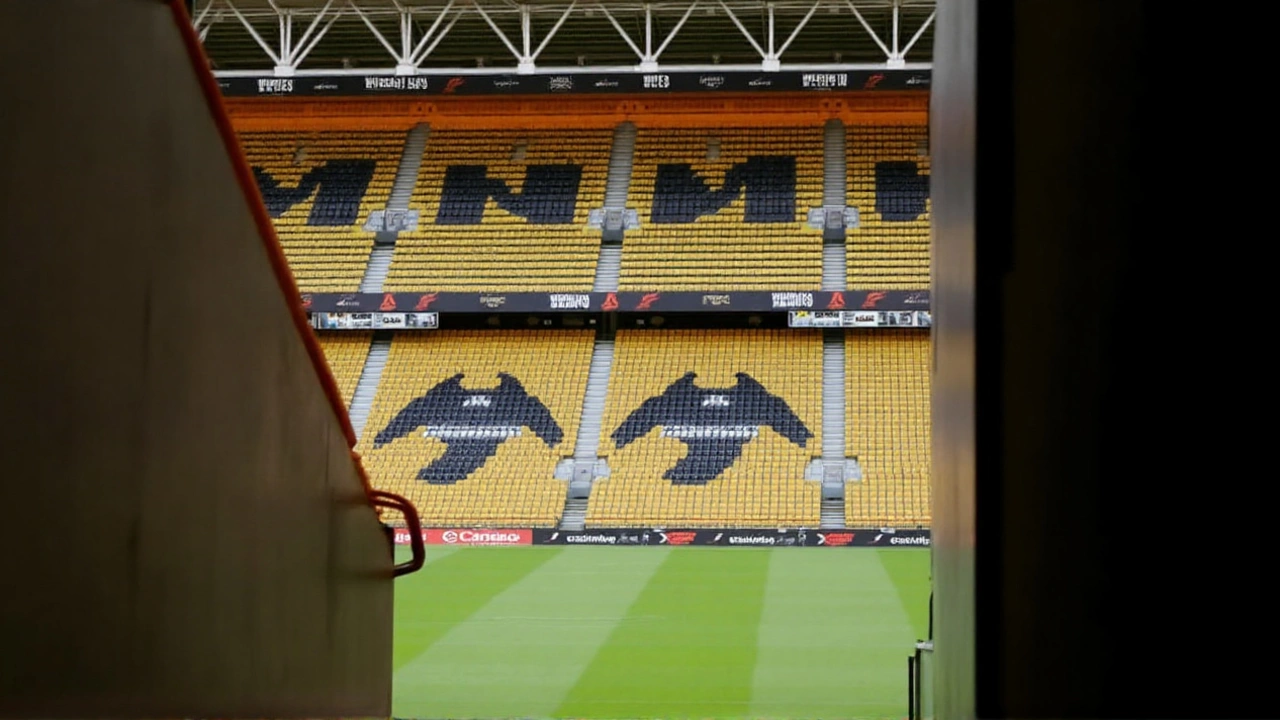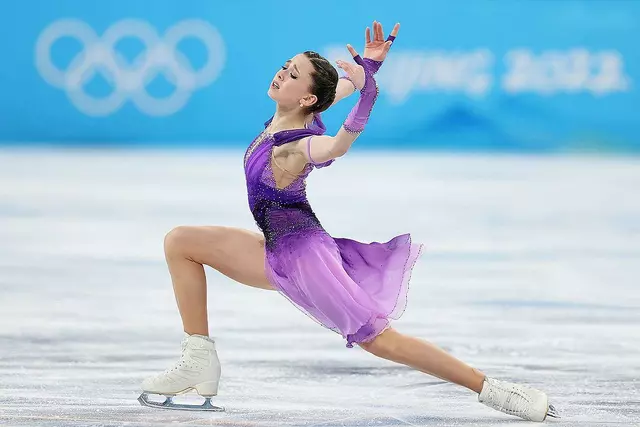Carabao Cup – England’s Knockout Football Competition
When talking about Carabao Cup, the English Football League's main knockout competition, currently sponsored by the energy‑drink brand Carabao and featuring clubs from the Premier League down to League Two. Also known as the EFL Cup, it offers a fast‑track route to European qualification and a chance for lower‑league sides to face top‑flight teams. First held in 1960‑61, the tournament has grown from a modest side‑event into a marquee fixture on the English football calendar. Its single‑elimination format means every match can turn into a drama‑filled showdown, and the final at Wembley often delivers unforgettable moments. Over the decades the Cup has produced giant‑killing upsets, memorable hat‑tricks, and a platform for emerging talent to shine on a national stage.
English Football League, the governing body that runs the competition and oversees the Championship, League One and League Two organizes the schedule, sets the draw rules, and ensures the competition runs smoothly from the first round to the final. The knockout tournament, a format where a single loss eliminates a team, creates high‑stakes drama in every round and forces clubs to balance squad rotation with the desire to progress. Sponsorship, commercial partnerships that have renamed the tournament after brands like Carabao since 2017 fuels the prize fund, television rights, and marketing push that raise the Cup’s profile. Finally, English football clubs, from elite Premier League giants to modest League Two sides, all compete for the trophy and a coveted Europa League berth. The blend of prestige, financial incentive, and national exposure makes the Cup a coveted target for every participating side.
For top‑flight clubs, the Carabao Cup serves as a testing ground for squad depth and a springboard for young players eager to earn first‑team minutes. Managers often rotate line‑ups, but the single‑elimination nature means one slip can end the run, keeping the intensity high. For lower‑league teams, the competition offers a rare chance to test themselves against Premier League opposition, attract larger crowds, and generate vital revenue. Upset victories—like a League One side beating a top‑ten Premier League club—become talking points for weeks, boosting community pride and sometimes sparking longer‑term investment in the club.
The evolution of sponsorship has reshaped the Carabao Cup’s financial landscape. When Carabao took over naming rights in 2017, the deal injected fresh capital, allowing the EFL to increase prize money and improve broadcast quality. This commercial boost has attracted broader audiences, with matches now airing on major networks and streaming platforms. The partnership also benefits Carabao, linking the brand to the excitement of knockout football and reinforcing its image among sports fans. As the market evolves, future sponsorships could further elevate the tournament’s stature, potentially expanding the number of televised matches or introducing new fan‑engagement initiatives.
What You’ll Find Below
Below you’ll discover a curated collection of articles that dive deeper into the Carabao Cup’s history, match analysis, memorable upsets, and the business side of sponsorship. Whether you’re a fan looking for tactical breakdowns, a club official interested in the competition’s revenue impact, or simply curious about how the Cup fits into the broader English football ecosystem, the posts ahead provide practical insights and real‑world examples. Let’s explore the range of perspectives that make the Carabao Cup a unique and enduring part of the sport.

- Sep 24, 2025
- Posted by Caspian Fairweather
Wolves vs Everton Carabao Cup Third‑Round Clash Set for Tuesday Night
Wolverhampton Wanderers have locked in a Carabao Cup third‑round tie with Everton at Molineux on 23 September 2025, 7:45 pm. Ticket sales roll out from season‑ticket holders on 5 September and move through members to the general public, with early‑bird pricing at £15 for adults. Prices jump to £20 on match day, while concessions and youth rates stay low. A pre‑match light show and digital ticketing aim to boost atmosphere. Seats for Everton fans are earmarked in the Steve Bull Stand.
Categories
- Sports (6)
- Sports & Recreation (4)
- Entertainment (4)
- Heritage & Culture (2)
- Golf Cart Maintenance (1)
- Golf Club Membership and Fees (1)
- Sports and Recreation (1)
- Golf Equipment and Maintenance (1)
- Sports Equipment Reviews (1)
- Business (1)
Latest Posts
©2026 whiterosesportsmanagement.co.uk. All rights reserved




